“We have gone along with the civilized world, trying to share the good values of humanity. However, despite our reforms and transition to a market economy, the market structure and mechanism still have many limitations,” said Dr. Tran Dinh Thien.
The market economy foundation is still weak. Sir, today many leaders mention the word "foundation" to affirm the country's position. As an economic expert associated with the long development process, do you agree with this assessment? Dr. Tran Dinh Thien - Former Director of the Vietnam Economic Institute : Today, we have built a "bigger, more beautiful, more decent" country as President Ho Chi Minh wished. A series of development indicators such as GDP per capita, import and export, urbanization rate, poverty reduction achievements... have all grown remarkably and unprecedentedly in the thousands of years of history of the country. Houses, bridges, roads, airports, and ports are all more decent. With 16 FTAs, we have opened up international integration to a level that few countries in the world have achieved. Up to now, almost all major economies and powers in the world are strategic partners of Vietnam. Now, we have joined the more civilized world, with an increasingly dignified posture and efforts to share the good values of humanity. Those values have begun to permeate our country, helping to elevate the country, or as President Ho once said, so that "Vietnam can stand shoulder to shoulder with the great powers of the five continents". In the world of globalization and development integration, "standing shoulder to shoulder" is truly the most important national strategic goal that Vietnam has been, is and will continue to persistently strive to achieve. 


Dr. Tran Dinh Thien: "It is necessary to continue promoting market reform, in parallel with other tasks of the times, which are of increasing importance." Photo: VNN
However, we cannot and should not “fall asleep”. What do you worry about most regarding the development process? However, we need to recognize that although we have carried out reforms and shifted to a market economy, the market structure and mechanism still have many limitations. We are committed to building a modern, complete and integrated market economy, with the “advantage of coming later”, but so far we have not fully achieved that goal. Only 1/3 of the countries and territories in the world recognize Vietnam as a full market economy. Reality shows that our market economic foundation is still weak, the market institution still has many bottlenecks, resource allocation still relies on the mechanism of allocation, asking - giving, and heavy administrative orders... Important resource markets such as the land market, capital market, labor market or science and technology... are not synchronized, not fully developed and operated according to market principles. Labor productivity is still low, investment efficiency is not high. In addition, the most important force in the market economy, private enterprises , is still very weak, still discriminated against, even stigmatized. In many aspects, in some important aspects, we are still lagging behind, even further behind, compared to many market economies in the world. That means in our country, we need to continue to promote market reform, in parallel with other tasks of the times, of increasing importance, such as successfully implementing the Industrial Revolution 4.0, digital transformation and green development. Which direction of policy leads to that direction of development. For a long time, we have prioritized the state economy as the main one, sir? Let's try to escape the traditional "rut" and re-identify the problem. In our current concept, the "private economic sector" only includes private enterprises and equivalent subjects such as "households"; The same goes for the FDI sector, which only includes foreign-invested enterprises. That is, the concept of “economic sector” (which we have converted into a more open market concept - “economic sector”) for these two forces only includes enterprises. Meanwhile, with the “state economic sector”, the conceptual content includes many “non-enterprise” elements. Besides state-owned enterprises, the state economic sector also includes the state budget, public assets (public property), national resources, etc. In theory, it is clear that the concept of “economic sector” applied to specific sectors is not similar in content and structure. That dissimilarity implies inequality in the concept of development and inequality in strength and structure between economic sectors and sectors, that is, the subjects of the market economy. In addition, in terms of policy attitude, we consider the state economy as the “main force” in the economy, with a superior position compared to other economic sectors and components. Putting those components side by side as equal competitive market forces becomes forced in terms of position, and lame in terms of real strength structure because on one side, the private sector only has Vietnamese private enterprises which are still small and weak, while on the other side, the state enterprise force, with all the national assets and resources, has much more power and strength. It is this unequal approach to structure that leads to discriminatory attitudes in terms of mechanism and policy.
The state economic sector is assessed as still not meeting the requirements to lead the economy. Illustration photo: Hoang Ha
I think we should redefine the concept of state economy. In other words, we must separate the components in this area, see what belongs to state-owned enterprises, what belongs to the state; along with the specific functions and tasks - characteristics in the market economy of each component. The components of the state budget, public assets and national resources are national resources, the result of contributions from all Vietnamese economic entities, assigned to the state to represent management, allocation and monitoring of use. In these resources, there is equality in "access - use rights" and "implementation benefits" of all Vietnamese business forces and economic entities. In that direction, we will have a way to organize the Vietnamese market economy with i) the Vietnamese private enterprise economic sectors and the Vietnamese state-owned enterprise sector cooperating and competing equally (these two components constitute the "Vietnamese business force"), ii) the foreign-invested enterprise sector, linking and combining their strengths, forming the Vietnamese market economy. Each of the above-mentioned components has a specific and different function in the economy, but they are all equal in the capacity of "market economic subjects". Until recently, the state economic sector was assessed as not meeting the requirements of leading the economy, not fully promoting its functional role and itself not developing as expected. This is a reality that needs serious attention, and this situation must be thoroughly analyzed. We need to put the state economy in the context of the integration era. The world has become many times more complex while integration also creates many opportunities and challenges. The state economy, like other economic sectors of Vietnam, therefore, needs to change from vision, approach to development capacity, to adapt to the new situation. Lesson 2: Vietnam still has a lot of room for development .Vietnamnet.vn
Source: https://vietnamnet.vn/viet-nam-can-thich-ung-voi-hoan-canh-moi-2321759.html

![[Photo] Phuc Tho mulberry season – Sweet fruit from green agriculture](https://vstatic.vietnam.vn/vietnam/resource/IMAGE/2025/4/10/1710a51d63c84a5a92de1b9b4caaf3e5)
![[Photo] Unique folk games at Chuong Village Festival](https://vstatic.vietnam.vn/vietnam/resource/IMAGE/2025/4/10/cff805a06fdd443b9474c017f98075a4)


![[Photo] Prime Minister Pham Minh Chinh chairs meeting to discuss tax solutions for Vietnam's import and export goods](https://vstatic.vietnam.vn/vietnam/resource/IMAGE/2025/4/10/19b9ed81ca2940b79fb8a0b9ccef539a)

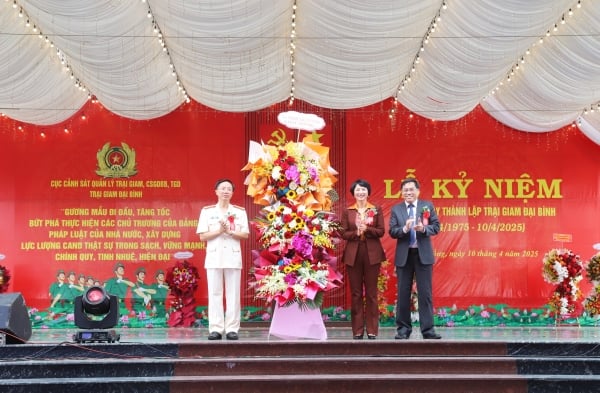

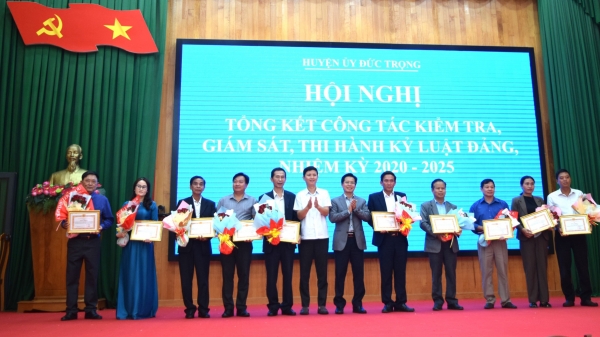
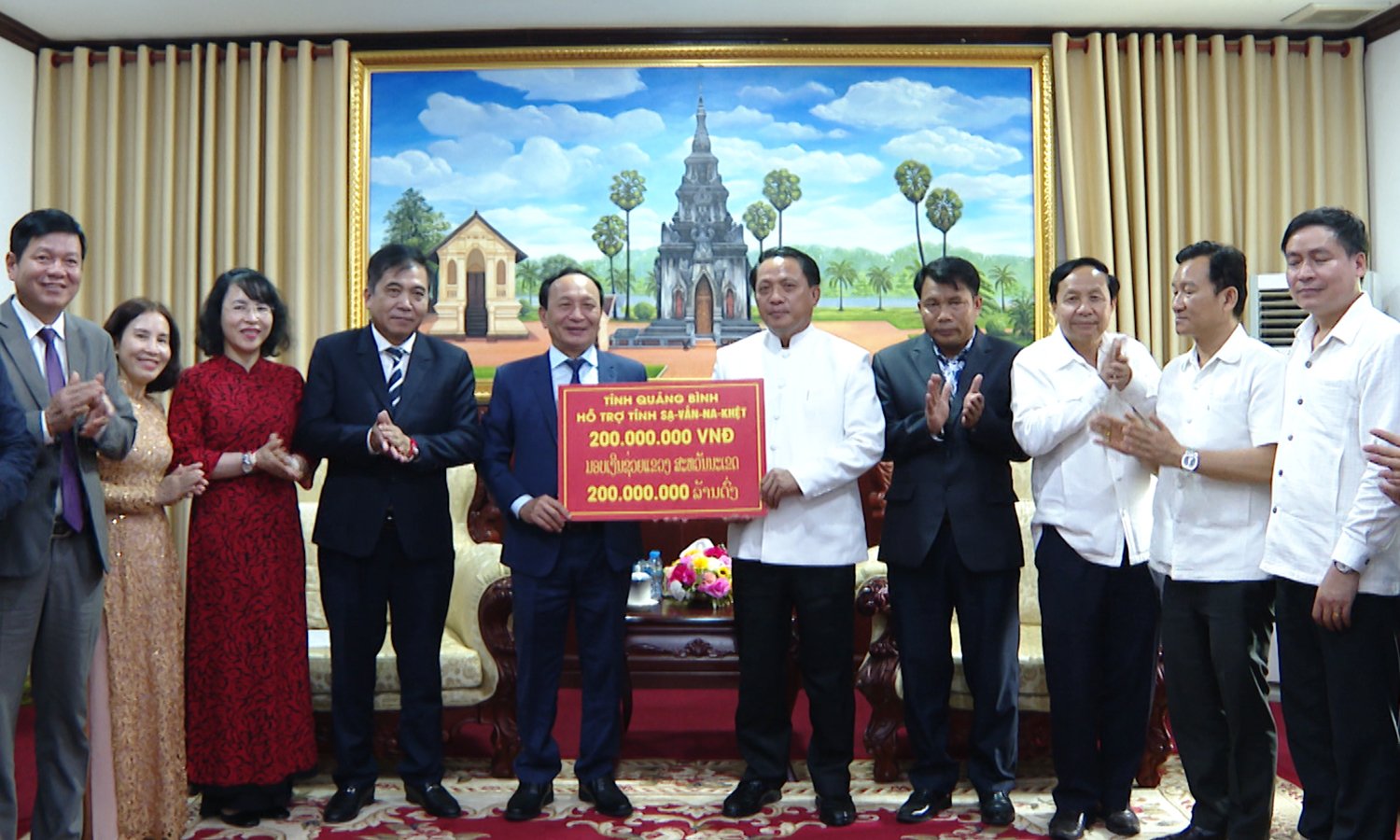
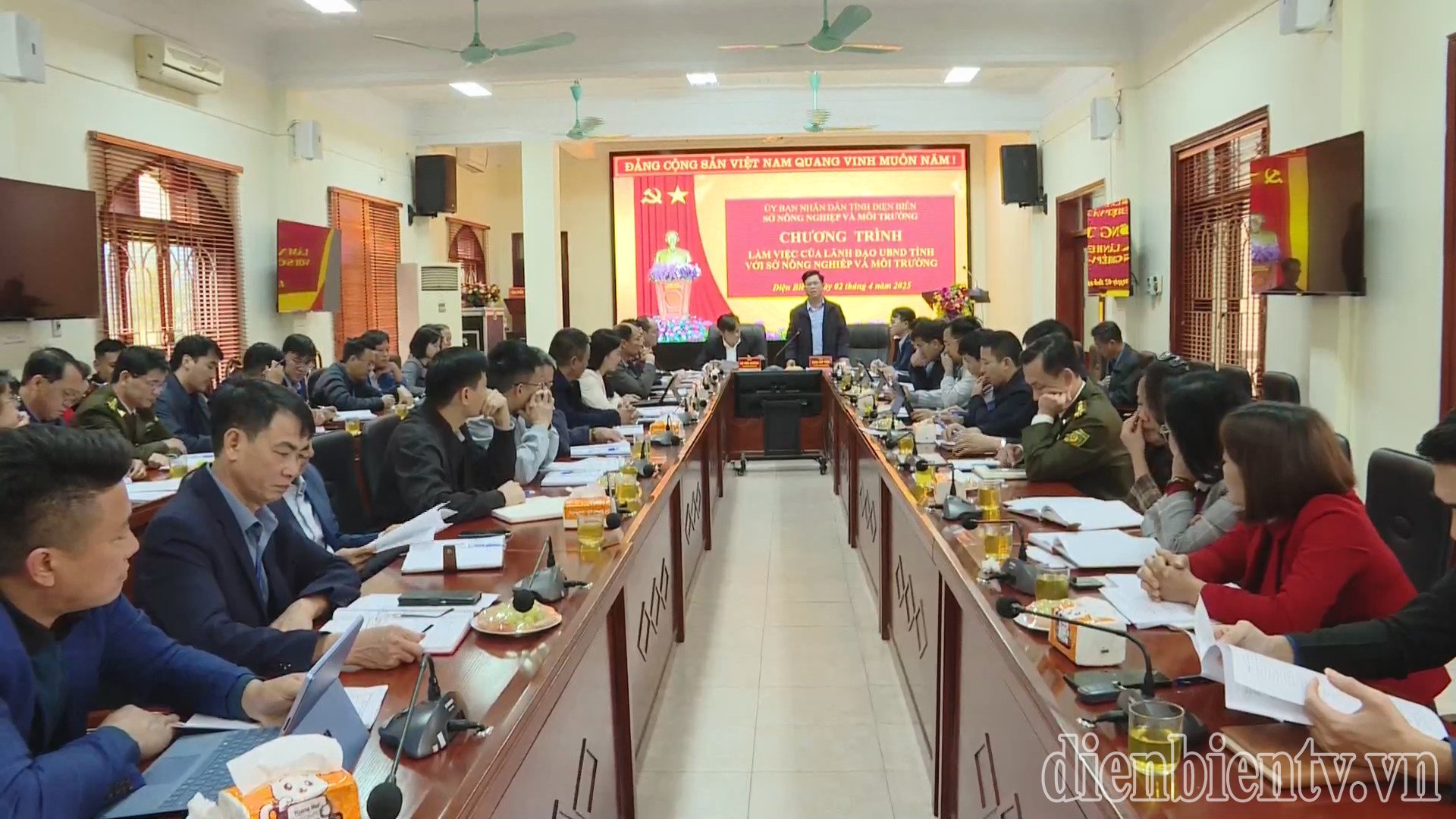
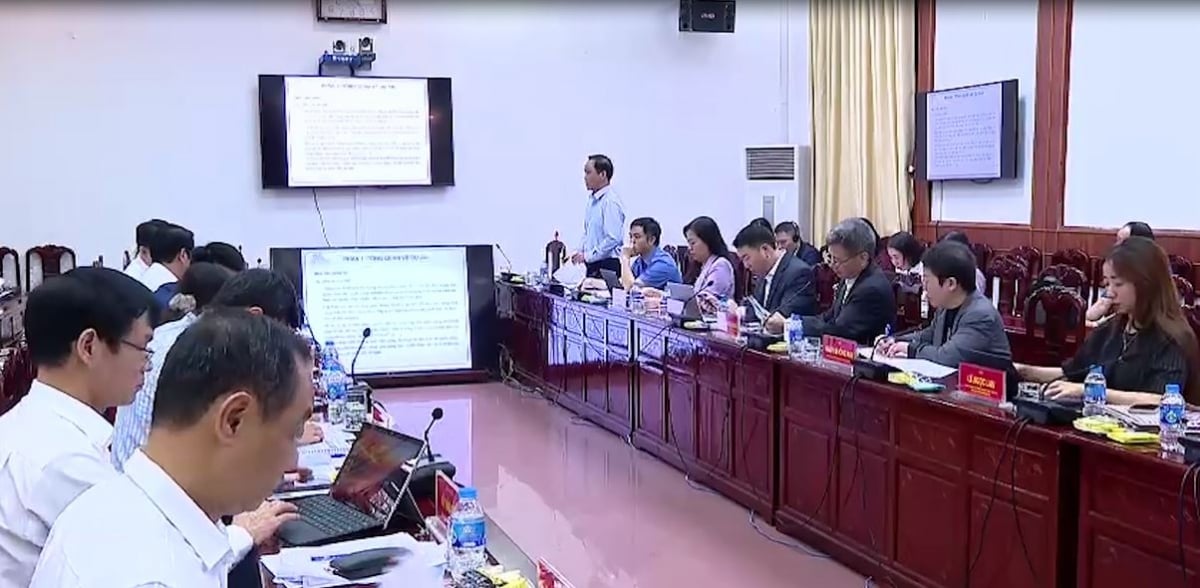
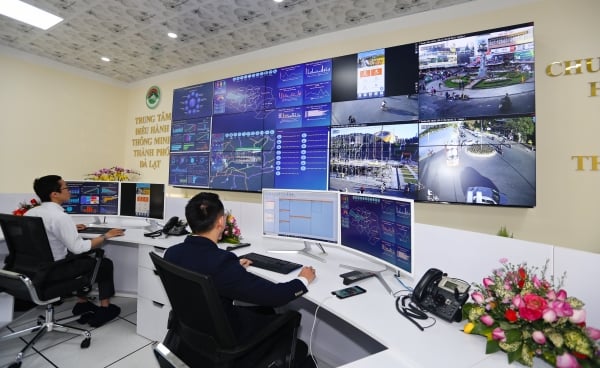


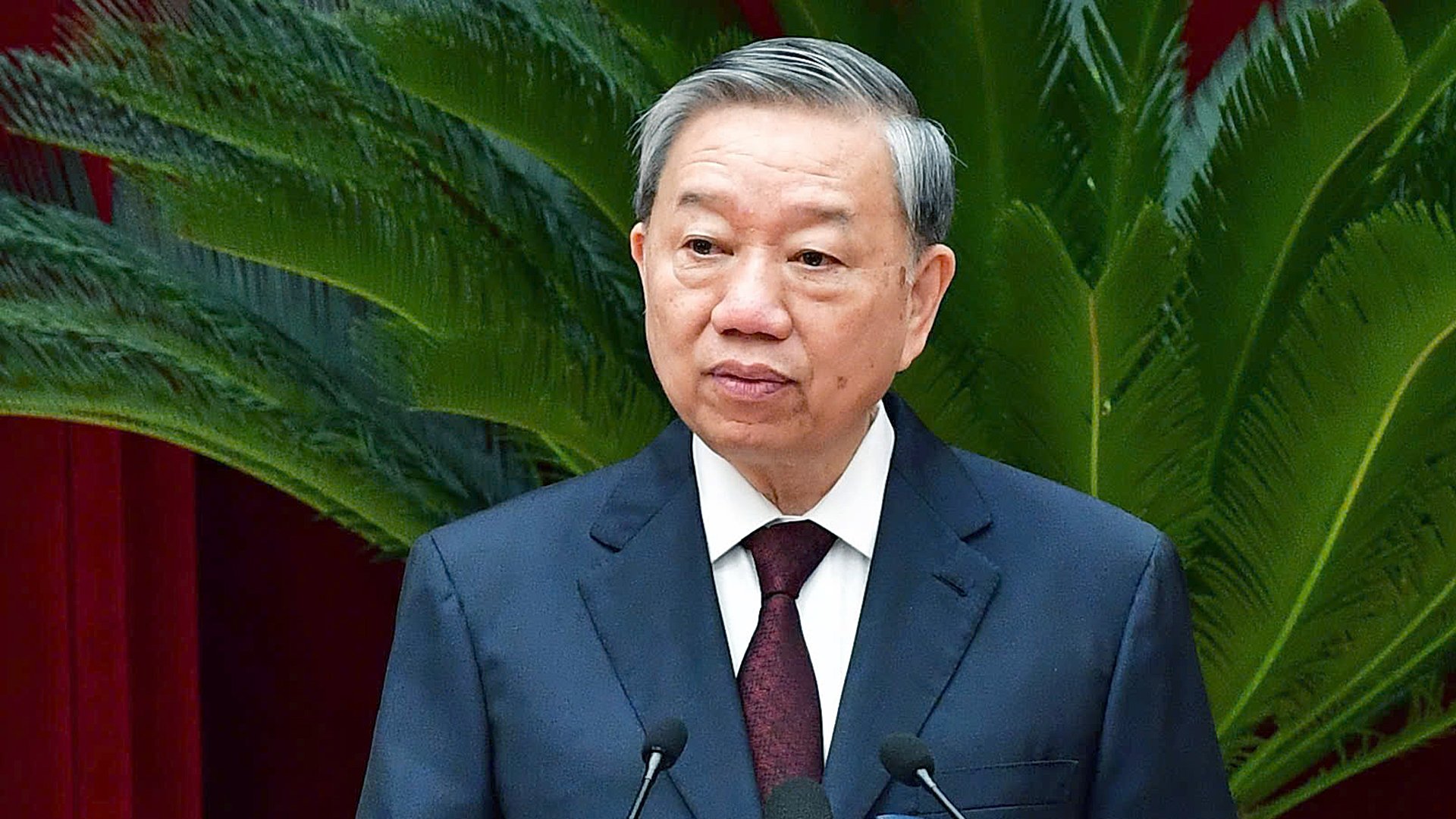

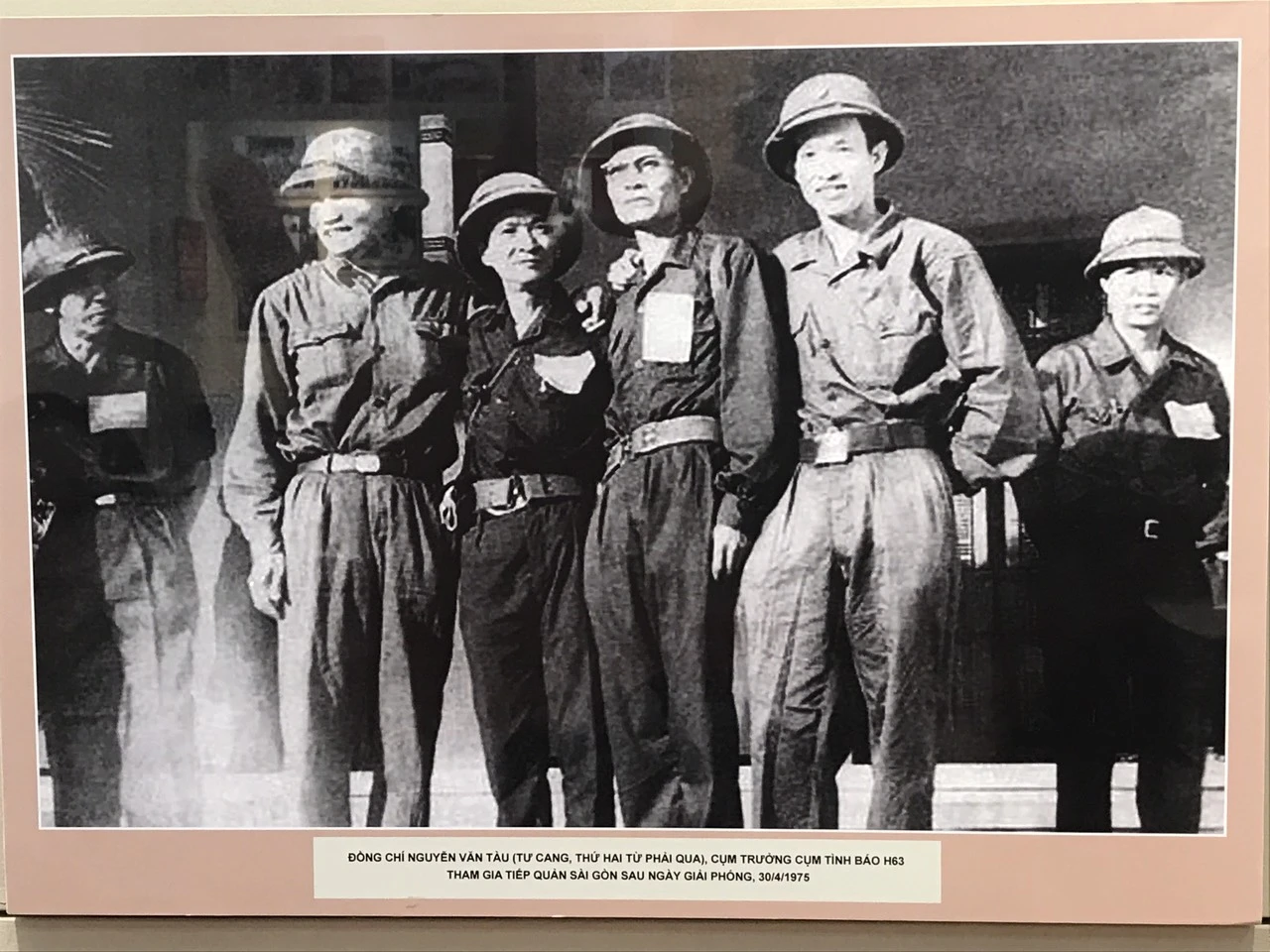





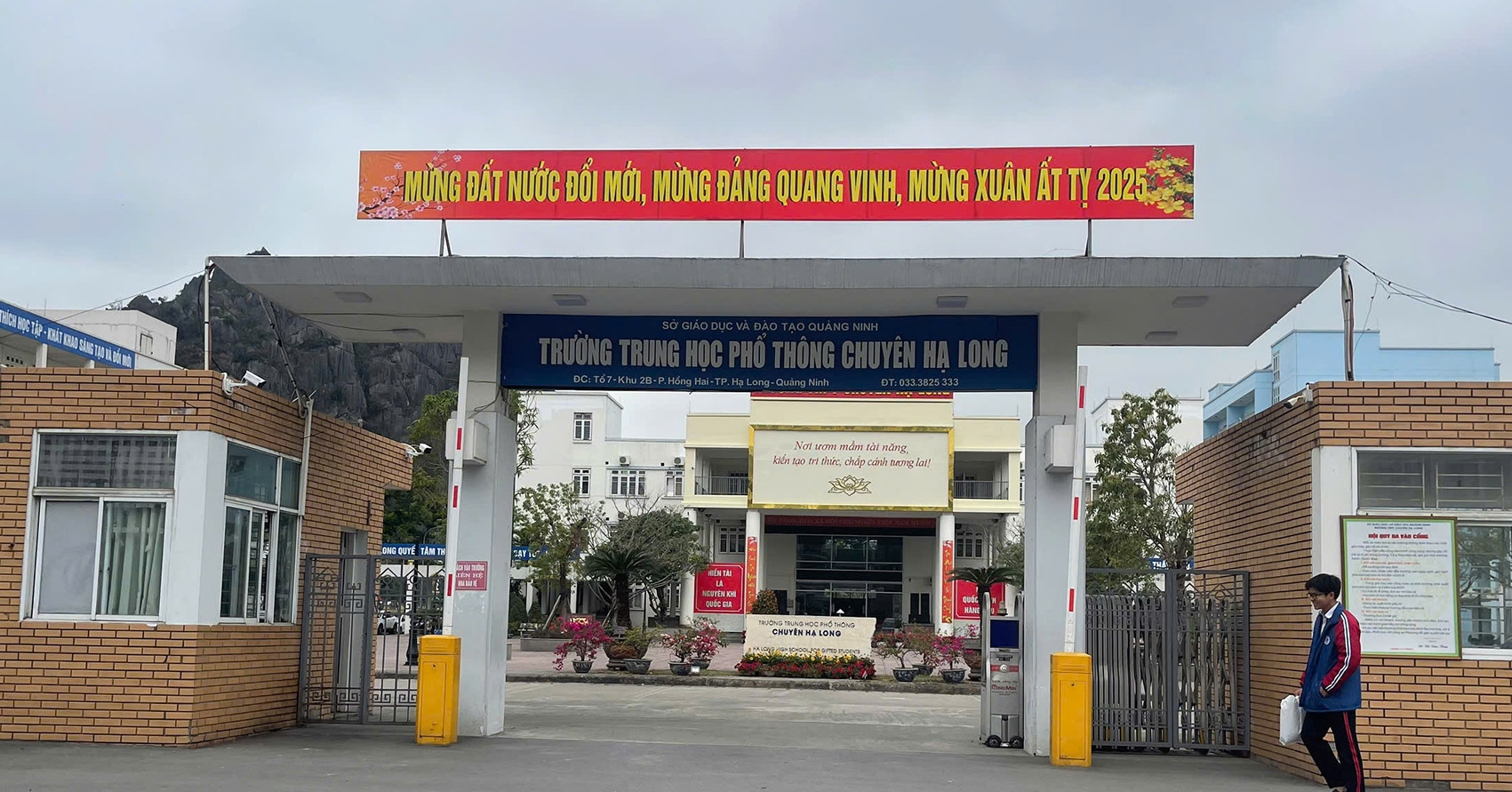


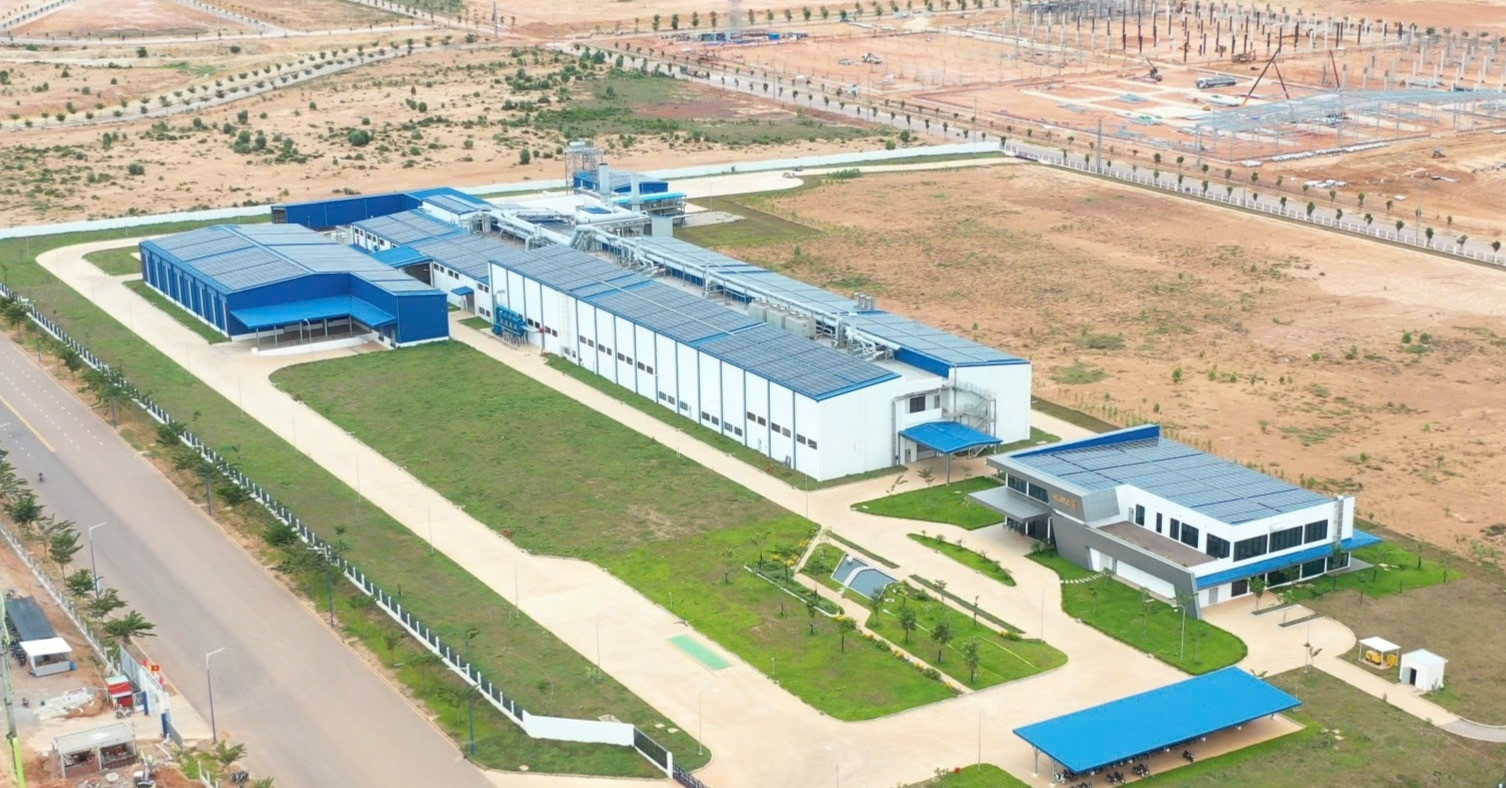






















































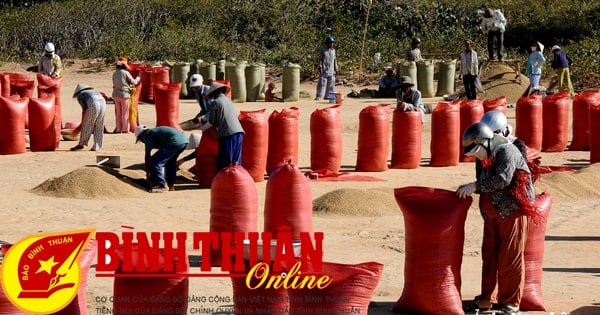









Comment (0)